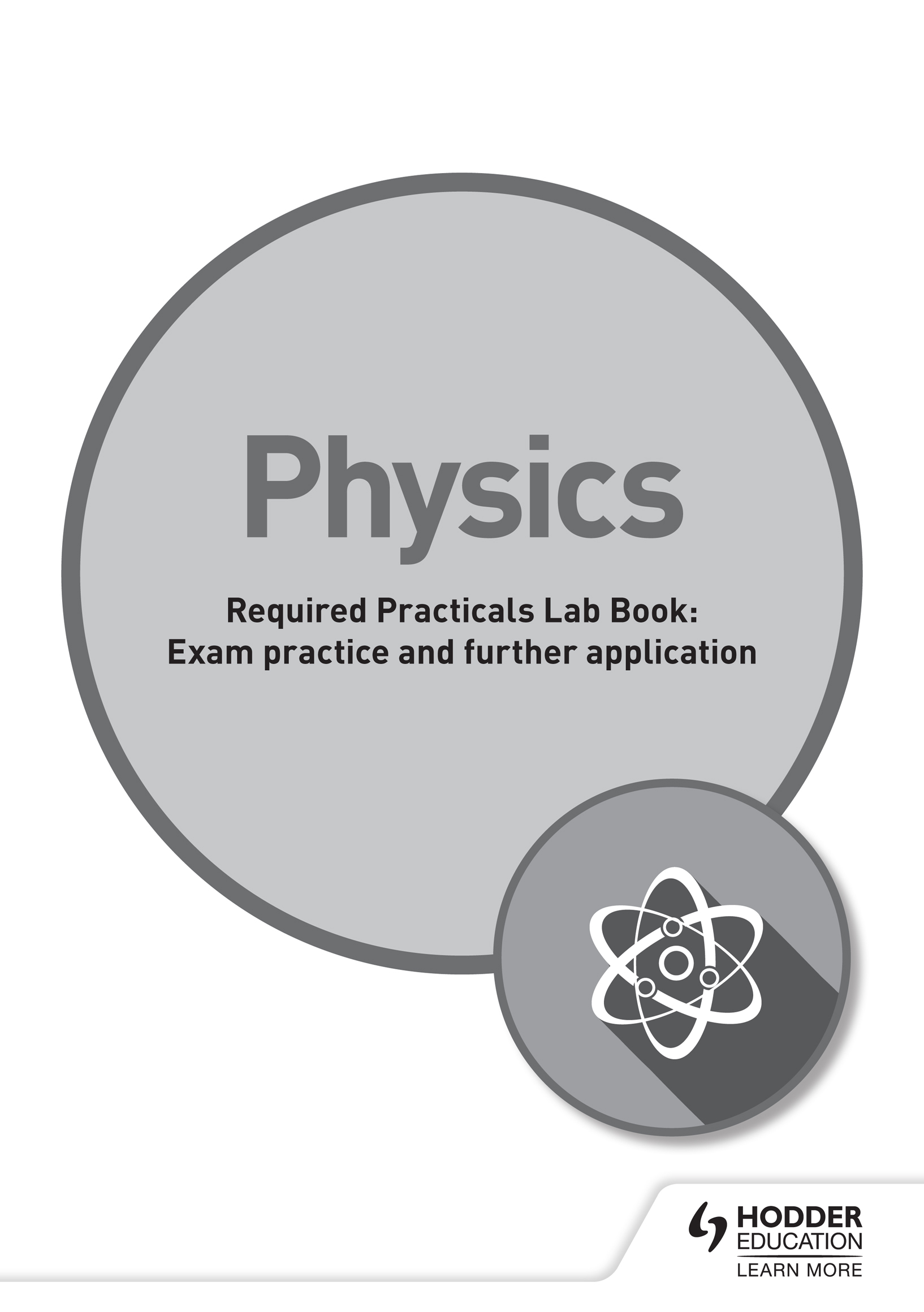This historical novel, Encounter (Mannam), by Hahn Moo-Sook, one of Asia’s most honored writers, is a story of the resilience in the Korean spirit. It is told through the experiences of Tasan, a high-ranking official and foremost Neo-Confucian scholar at the beginning of the nineteenth century. Because of Tasan’s fascination with Western learning, then synonymous with Catholicism, he is exiled to a remote province for 18 years. In banishment he meets people from various social and religious backgrounds-Buddhist monks, peasants, shamans-whom he would not otherwise have met. The events of Tasan’s life are effectively used to depict the confluence of Buddhist, Neo-Confucian, Taoist, and shamanistic beliefs in traditional Korea.A subplot involves three young sisters, the daughters of a prominent Catholic aristocrat, and affords the reader vivid glimpses into Yi-dynasty women’s lives, particularly those of palace ladies, scholars’ wives, tavern keepers, shamans, and slaves. In contrast to the long-held Confucian stereotype of female subservience, this story illustrates the richness of women’s contribution to Korean culture and tradition.Encounter’s detailed narrative provides a broad and informed view of nineteenth-century Korea, making it a highly useful book for courses on Korean literature and society. It will also be an engaging read for lovers of historical fiction.

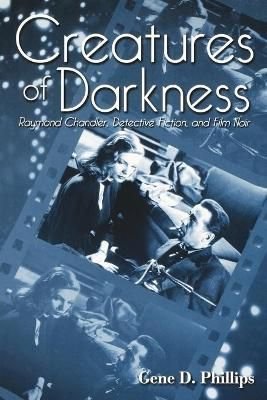


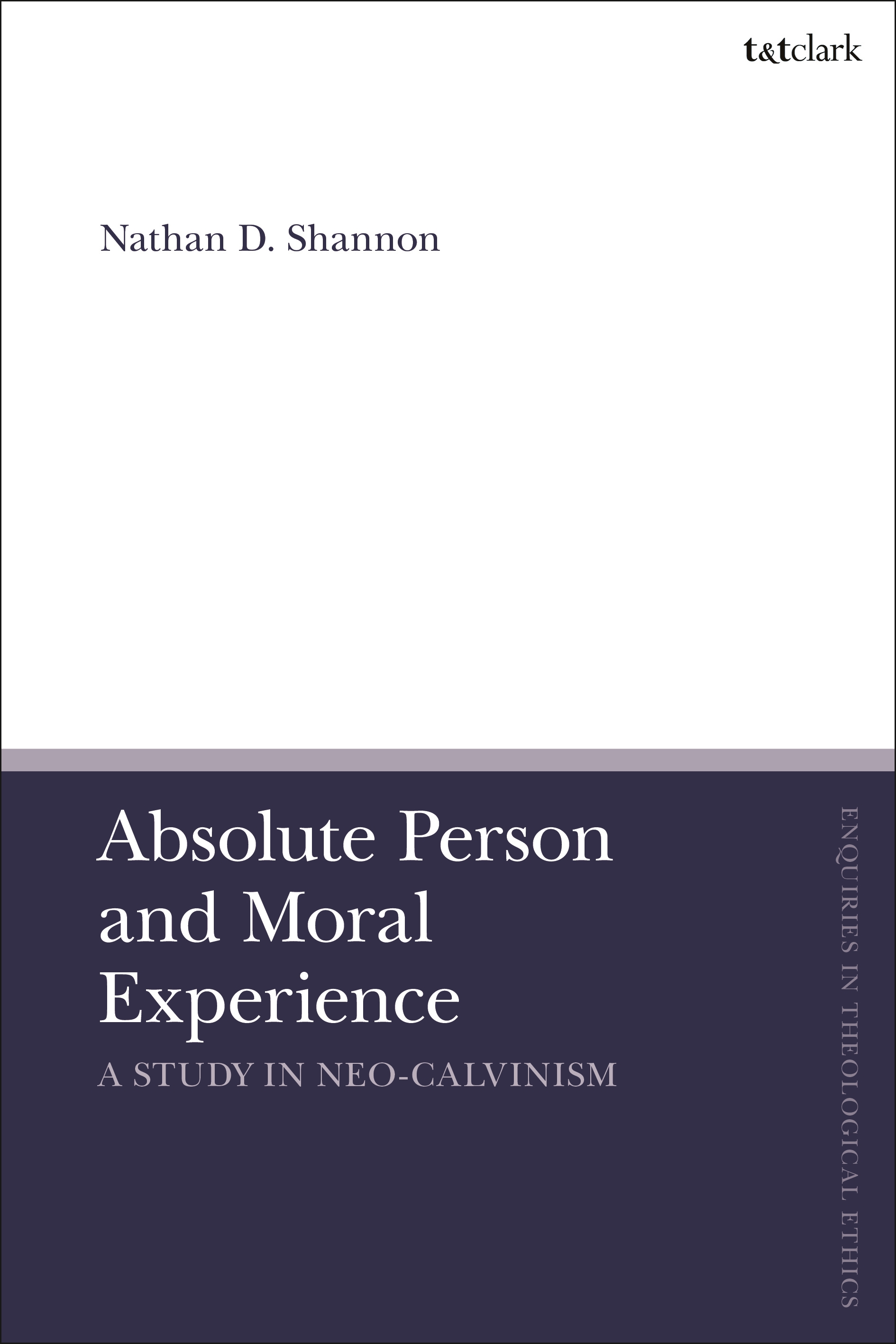
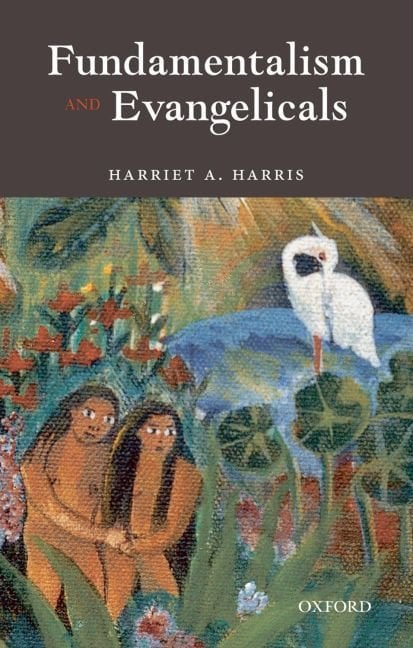
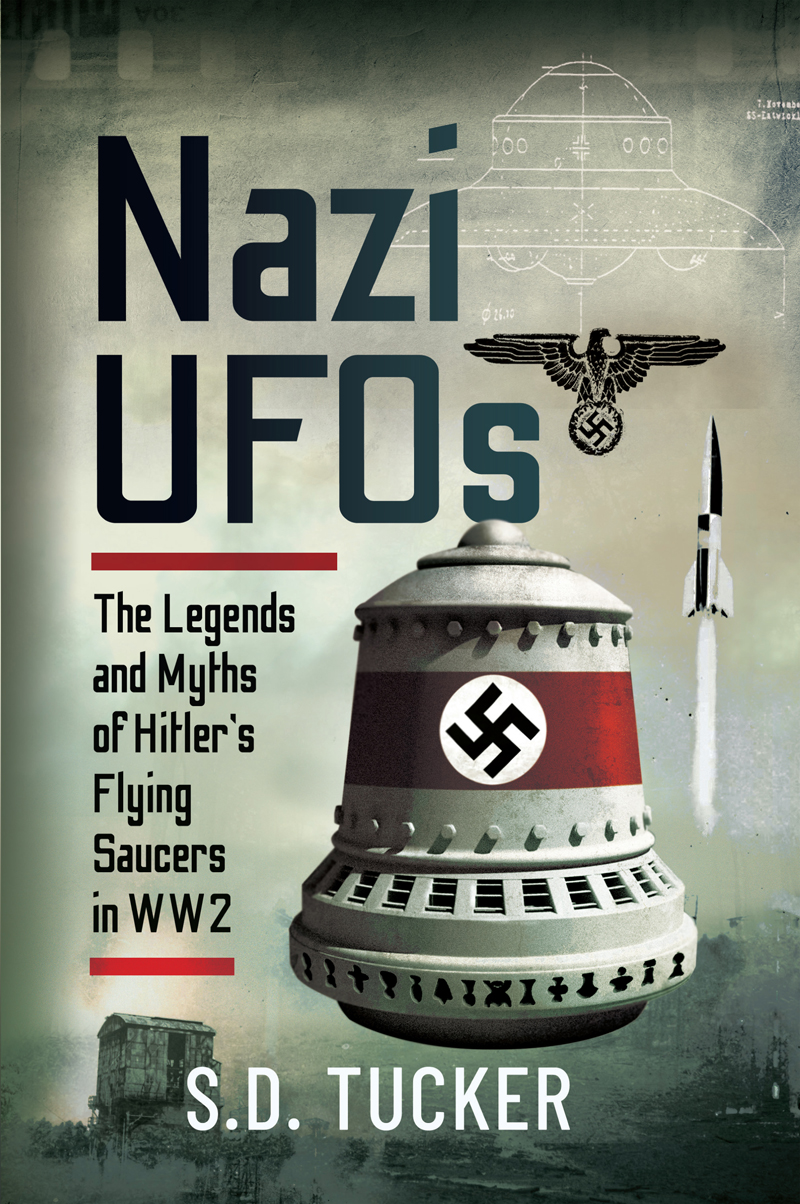
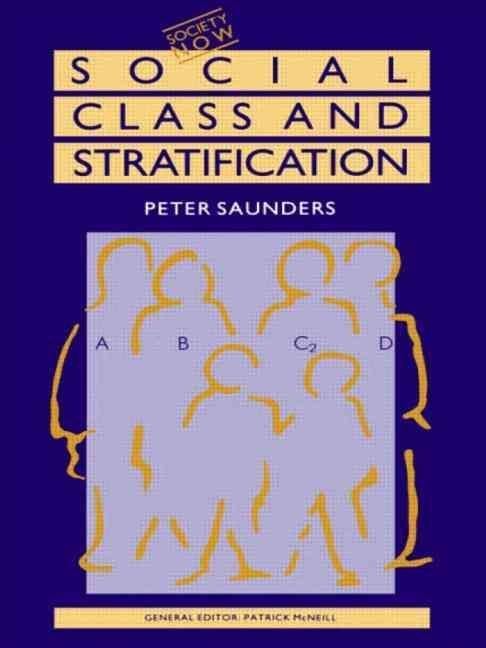


![The Traveling Wilburys - the Traveling Wilburys, Vol. 1 [CD]](https://avmedia.ams3.cdn.digitaloceanspaces.com/b/81/b8141f4d-609b-495b-b27b-bcce9a06610b.webp)

